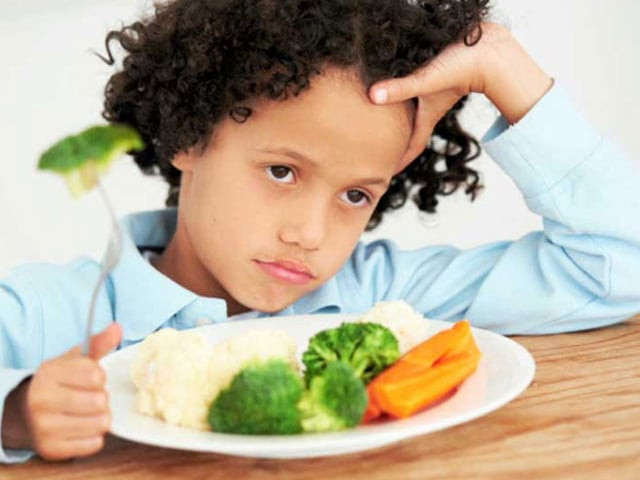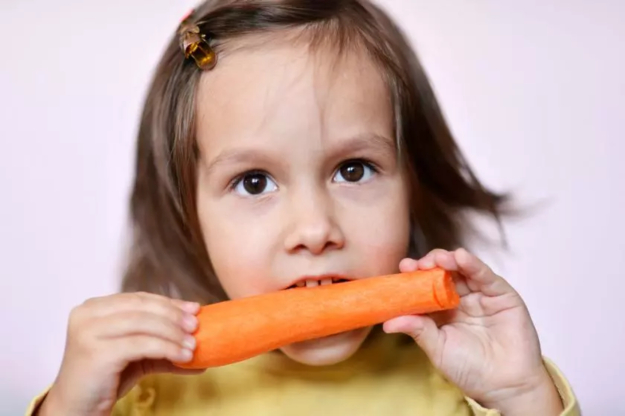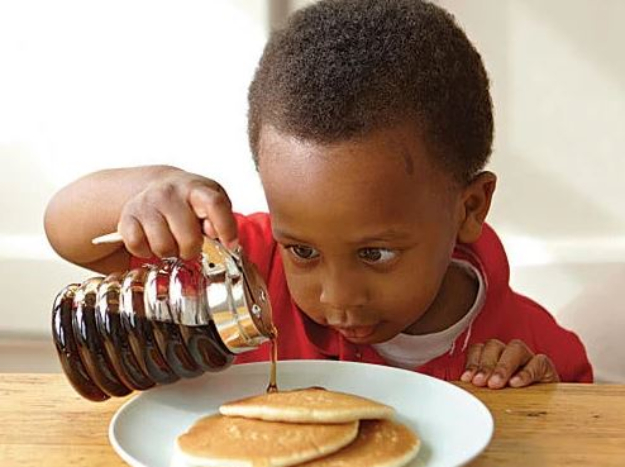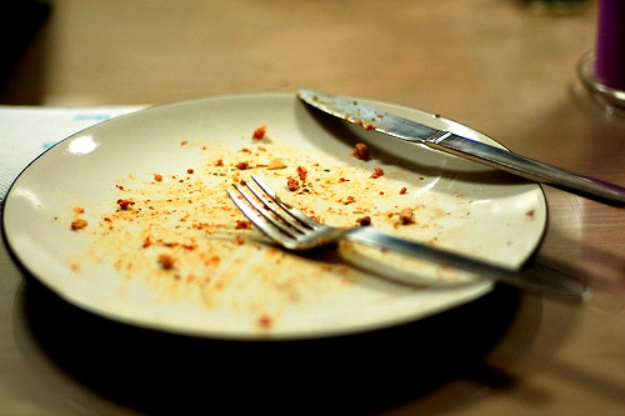4 food myths your parents told you that science has proved false
It's important to note that whatever reasons elders used to justify healthy eating habits, were not based on facts

PHOTO: PARENTS MAGAZINE
Even as grown ups, we tend to stick with the food advice our parents instilled in our brains when we were younger. Ironically, much of this advice isn't exactly correct or based on facts. Compiled from Health 24, here is a list of four food myths that you should probably stop believing now that you're not a snotty, cranky little person not allowed to leave the kitchen until you finish your greens.
Eat two burgers instead of fries, says nutritionist
1. Carrots will help you see better
 PHOTO: MEDICAL DAILY
PHOTO: MEDICAL DAILYDuring World War II, the UK Ministry of Food stated that pilots in the air force were able to shoot down enemy planes because they ate carrots. It was said that the orange goodies help with night vision.
However, it was introducing radar technologies to planes that actually helped pilots gun down the enemies. The propaganda was so convincing that many people actually thought that it was the carrots that helped.
While carrots are indeed filled with beta-carotene and vitamin A that prevent the risk of cataracts and macular degeneration, it's important to realise that the dosage required for better eyesight is much higher. It's advised to get that intake amount in a tablet form instead.
Another thing to worry about is that excessive consumption of the vitamin could prove toxic and cause your skin to turn yellow/orange. It's always best to consult a nutritionist.
Verdict: Keep eating carrots but if you want to improve your eyesight, just get glasses.
2. Drinking milk makes bones strong
 PHOTO: MEDICAL NEWS TODAY
PHOTO: MEDICAL NEWS TODAYMilk contains calcium which is very essential for strong bones and teeth. It also regulates the heart's rhythm and prevents blood clots. Discovery Health advises that people should drink about three cups of milk a day.
However, a study conducted in Sweden said that men who drank three or more cups of milk a day were more likely to die young as compared to those who drank less. Researches revealed that it was a result of D-galactose - a sugar found in milk the increased consumption of which is linked to cardiovascular diseases, cancer and bone and muscle loss.
Dietician Dr Gail Cresci from Cleveland Clinic advises against consuming too much milk. She recommends drinking only one glass a day and getting the rest of your calcium intake from vegetables, salmons and soy beans.
Verdict: Milk is good for your bones but too much of a good thing can be bad .
3. Breakfast is the most important meal of the day
 PHOTO: COOKING LIGHT
PHOTO: COOKING LIGHTChildhood memories usually involve parents telling us to eat our breakfast as it is the most important meal of the day. A study published in Journal of Nutrition revealed that people who ate the largest meal for breakfast were more likely to lose weight. It also stated that breakfast eaters are more prone to having a healthy weights rather than those who skipped.
However, it's important to note that what you eat for breakfast is equally essential. Consuming sugary cereals for breakfast provides no benefit.
Verdict: Opt for as well-balance a breakfast as you can.
4. Eat until your plate is clean
 PHOTO: HEALTHY FAMILIES
PHOTO: HEALTHY FAMILIESParents often forced children to wipe off every morsel on their plate without realising that it could lead to overeating and be harmful instead, ultimately leading to weight gain. Use a smaller plate for your meals or control your portion sizes.
Verdict: Stop eating when you're full, not when your plate is clean.
6 foods you should avoid eating for breakfast
Have something to add to the story? Share in the comments below.



















COMMENTS
Comments are moderated and generally will be posted if they are on-topic and not abusive.
For more information, please see our Comments FAQ